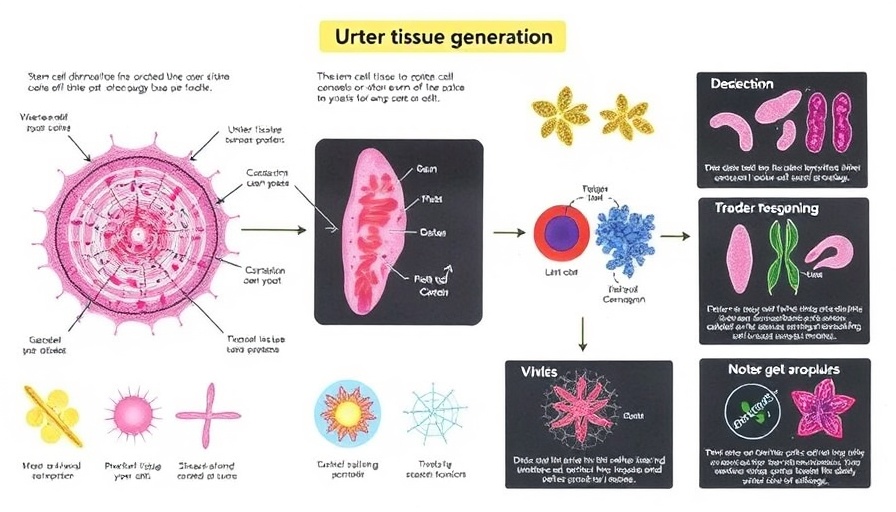
Revolutionizing Organ Transplants with Stem Cells
In a groundbreaking advance in medical science, researchers have successfully created functional ureter tissue using stem cells, marking a significant step towards developing transplantable kidneys. This innovative approach could redefine organ transplantation, alleviating the shortage of available organs and providing hope for countless patients suffering from kidney disease.
Understanding the Science Behind the Breakthrough
The creation of ureter tissue from stem cells is not just a remarkable scientific feat; it represents a paradigm shift in regenerative medicine. Stem cells, known for their ability to differentiate into various cell types, have been harnessed to produce tissues that mimic the natural structures of the human body. This ability to generate complex tissues opens new avenues for organ replacement therapy.
The Importance of Ureters in Kidney Functionality
The ureters, paired tubes responsible for transporting urine from the kidneys to the bladder, play a critical role in the urinary system. Their functional integrity is vital for maintaining balance and detoxification within the body. Previous attempts to address organ failures often overlooked these essential structures, but with this new technique, researchers can ensure that both kidneys and ureters can be developed in tandem, providing a more holistic solution for organ failure.
Current Status and Future Predictions
While the research is still in its early stages, the implications for the future of kidney transplants are promising. Experts predict that if the development progresses, within the next decade, transplantable kidneys could be available, significantly reducing wait times for patients and improving overall outcomes. This technology might not only improve the quality of life for those with chronic kidney conditions but also pave the way for organ regeneration using a patient's own cells, minimizing the risk of rejection.
Addressing Ethical and Practical Challenges
Despite these advancements, the road to widespread clinical application is fraught with challenges. There are ethical considerations surrounding stem cell use, particularly regarding sourcing. Furthermore, ensuring the long-term functionality and safety of lab-grown organs remains a priority for researchers. As the scientific community navigates these hurdles, continuous dialogue on ethical standards is essential to foster public trust and support.
Conclusion: The Future of Organ Transplants
As we stand on the brink of a new era in organ transplantation, the innovations in stem cell technology not only ignite hope for patients but also challenge us to rethink how we approach medical treatments. With continued investment in research and patient-centered care, the dream of transplantable kidneys may soon become a reality, transforming lives across the globe.
 Add Row
Add Row  Add
Add 




Write A Comment